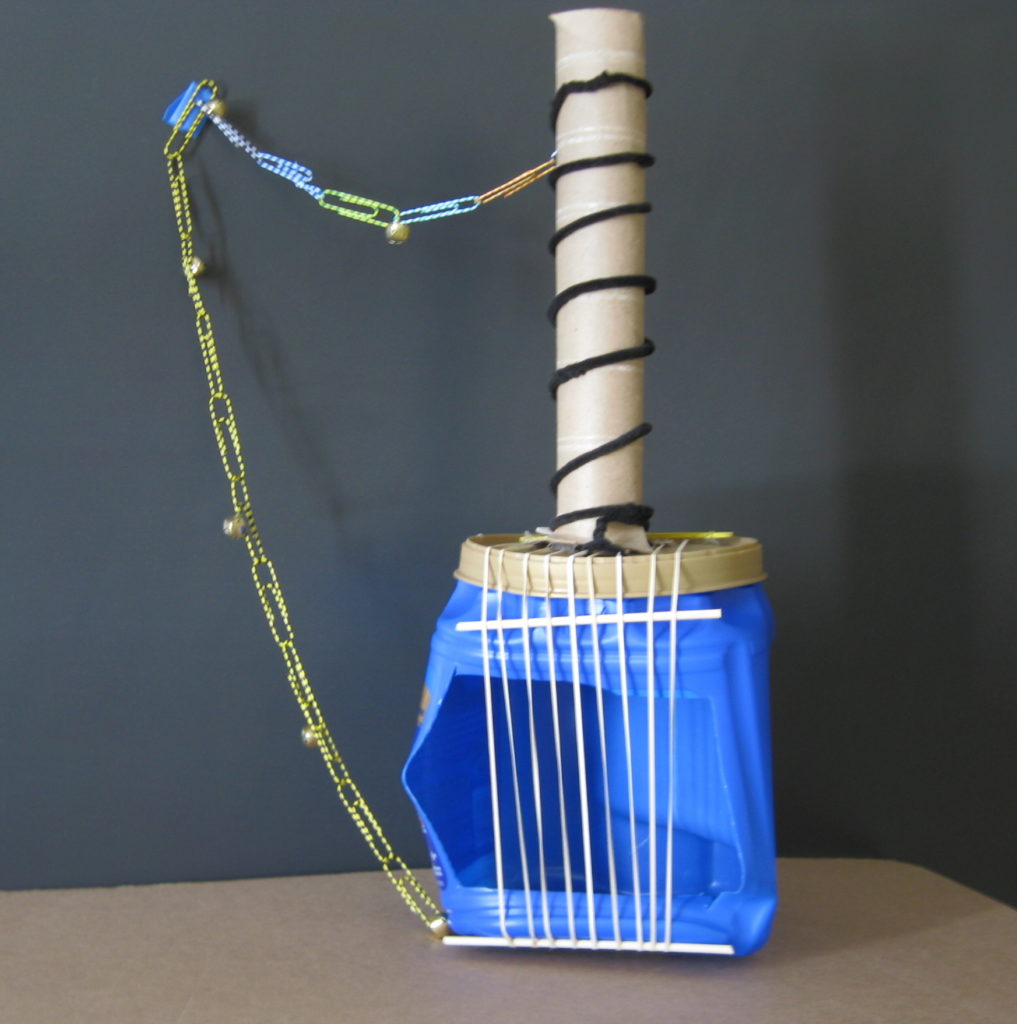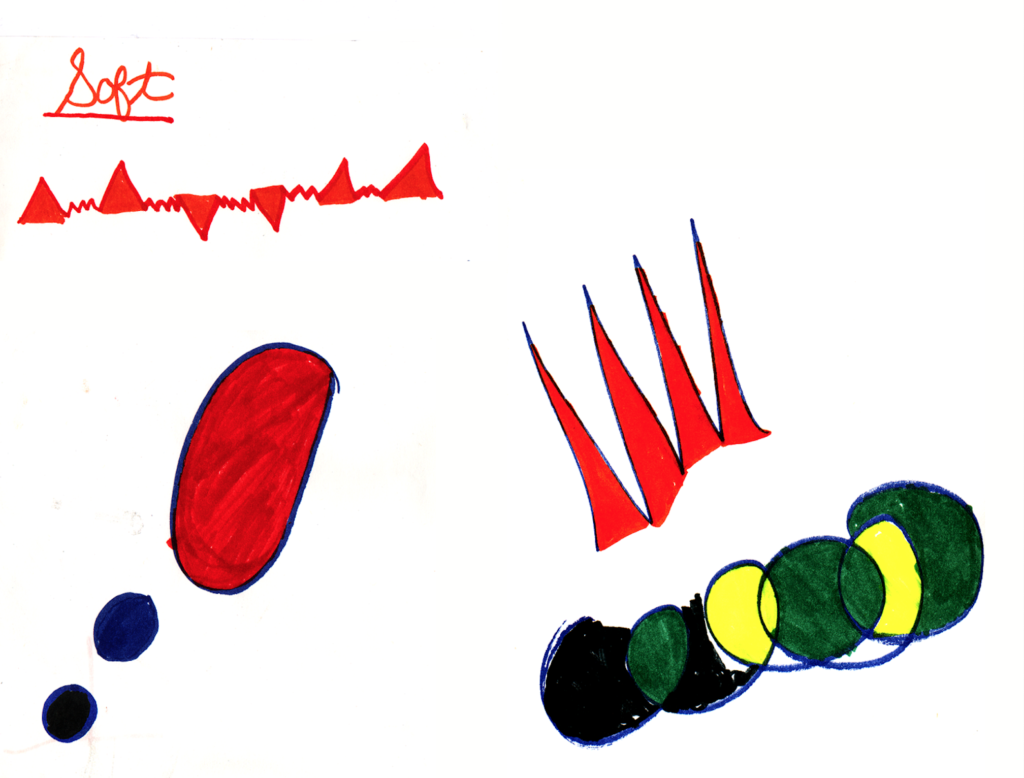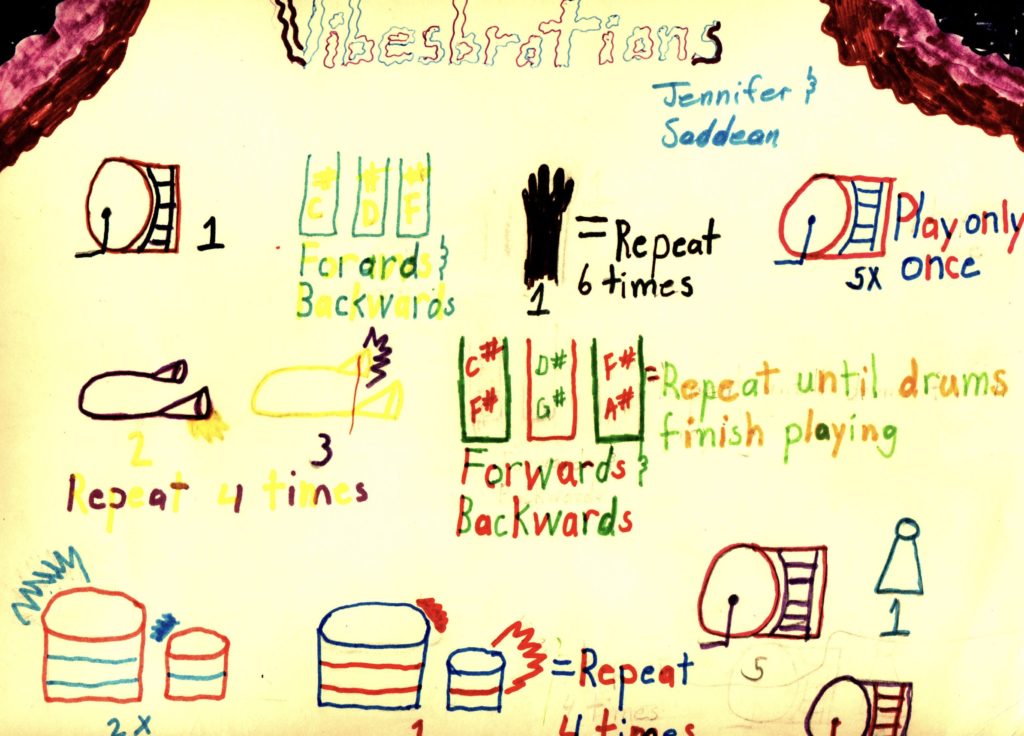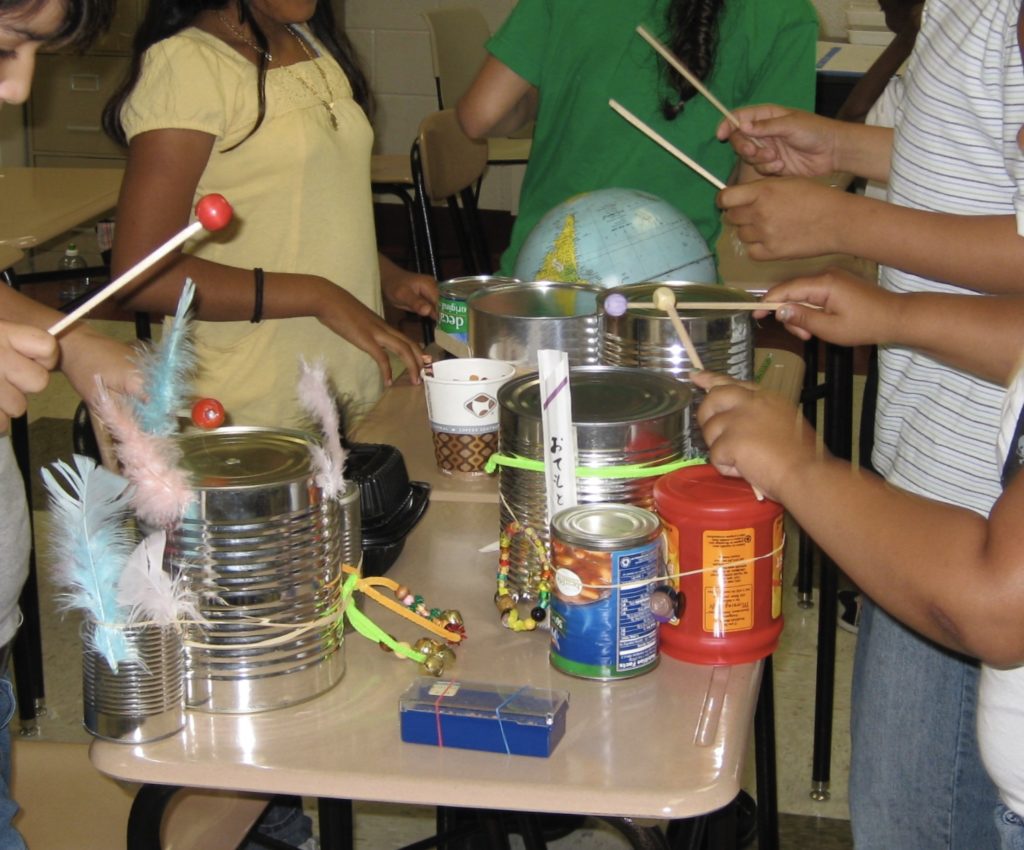We sit, shoulder to shoulder, listening to her string quartet. Composer Jennifer Higdon is a student at the University of Pennsylvania. She comes over often to share her music or to talk. The afternoon is late, and sha dows lengthen through the windows. She is dressed in a dark jacket, her face is open and smiling, framed by short black hair.
dows lengthen through the windows. She is dressed in a dark jacket, her face is open and smiling, framed by short black hair.
Her musical style is in the same spirit as mine, a beautiful motif appears and then recedes, ebbing and flowing as it is pushed by rhythms. We wonder out loud what relevance the standard of development has to our music. What does that word mean – develop?
I keep hearing the word ‘allow’ instead of ‘develop,’ giving the music room to fill. Is this merely about semantics, or does the argument have a deeper meaning?
In the classical music tradition, development is a process by which a composer uses the musical material of the piece. The melody and accompanying components are reworked, stretched out, condensed or changed in some fashion throughout the piece. The sonata form uses development as part of the overall structure of the piece, so that whole sections appear again, sometimes slightly modified. The idea is that the listener will anticipate the return of a melody or a section, and even understand the mu sic better because of the repetitions.
Many living composers use development as a chief technique in their music. They push the melodies around, and rework them by directly transposing or inverting them. My ear pauses. Why do I feel that they stand at the river’s edge beating their musical material with stones until it is thin, weak and colorless?
I provide the right size pan, large enough so the bread can expand to its fullest potential, and small enough so it can use the sides of the pan as support. I decide when the bread has risen enough without too much poking around. This is a judgment of my eye, heart and mind acting together. Rising too much, it will be filled with air and collapse. Rising too little, it will be mean and hard, an impenetrable nugget.
The word ‘allow’ asks for balance and helps me rethink the issue of ownership and parentage. Allow provides a medium for growth, and questions authority. Too much control forces a finger into sacred ground, leaving a trail of infection. To allow, in the end, is to have.
Featured Work
LULLABY
for solo & unspecified instrumentation (6-8)
“a gorgeously gentle piece” (St. Louis Post-Dispatch)
Listen: https://open.spotify.com/track/77Nm1qrUp6RKBRWhti8z2S
FOLLOW TINA DAVIDSON: Facebook Instagram
Join our Newsletter mailing list!
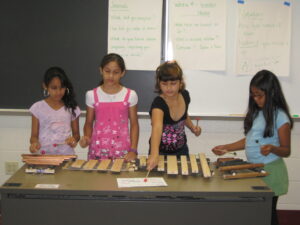 My three-year residency in Delaware is winding down. We sit in meetings and talk about outcomes or measurable results of my work in community settings.
My three-year residency in Delaware is winding down. We sit in meetings and talk about outcomes or measurable results of my work in community settings.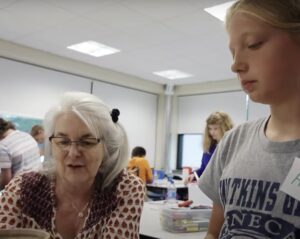 because I trust it will take root in some strange and unimagined way, in its own time. I teach as an act of faith; a spiritual practice. I get up every day, and do it. “Here,” I say, “this is what I have for you today.”
because I trust it will take root in some strange and unimagined way, in its own time. I teach as an act of faith; a spiritual practice. I get up every day, and do it. “Here,” I say, “this is what I have for you today.”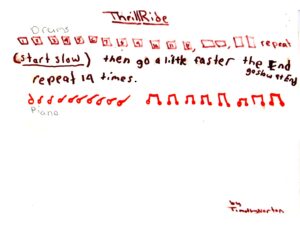 Timothy stands close to me. When I move, he moves. He waits for me to play his piece with him and follows me like a shadow around the room.
Timothy stands close to me. When I move, he moves. He waits for me to play his piece with him and follows me like a shadow around the room.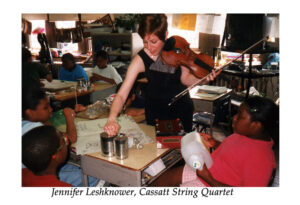 have no composition. I stall, thinking.
have no composition. I stall, thinking.